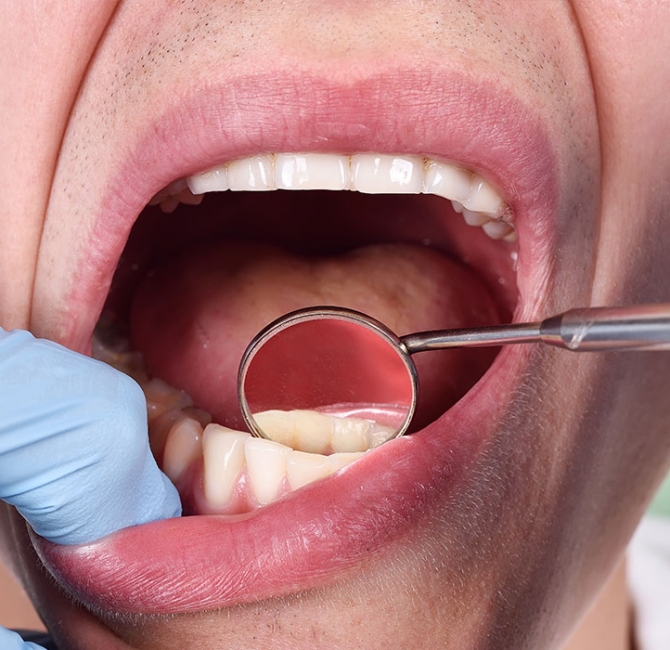Introduction Periodontal disease is a chronic infectious disease. According to data, the global prevalence of gingivitis in pregnant individuals is 30–100%. Periodontal pathogens initiate chronic damage to tooth-supporting tissues. Periodontal pathogens and their metabolites can also lead to adverse pregnancy outcomes through direct or indirect pathways.
Adverse pregnancy outcomes include preterm birth, low birth weight, and preeclampsia. Preterm birth is the primary cause of perinatal morbidity and mortality, accounting for approximately 75% of perinatal mortality and more than 50% of long-term morbidity. Low birth weight impacts more than 20 million infants worldwide every year. Preeclampsia is an idiopathic multisystem disease of pregnancy, featuring new-onset hypertension with proteinuria after 20 weeks of gestation and affecting 5–8% of pregnant individuals. According to the World Health Organization, preeclampsia is the third cause of maternal death, responsible for 76,000 deaths each year. Although the level of global medical technology has gradually improved, the incidence of adverse pregnancy outcomes has not declined and is still a global public health problem.
Purpose The purpose of this review is to summarize the current data on periodontal disease in pregnancy and adverse pregnancy outcomes, including the following:
- Association between periodontal disease and adverse pregnancy outcomes.
- Pathogenic mechanisms related to this association.
- Efficacy of different nutrition supplements for both periodontal disease and adverse pregnancy outcomes.
- Effect of periodontal treatment on the occurrence of adverse pregnancy outcomes.
Conclusion Numerous studies have shown a significant association between periodontal disease and preterm birth or low birth weight. Periodontal pathogen infection, changes in the level of inflammatory mediators, host immune response, gene polymorphism, and antiphospholipid syndrome are recognized in the pathogenesis of periodontal disease and adverse pregnancy outcomes. Further exploration of the underlying mechanisms can provide more potential directions for their prevention and treatment. Appropriate nutrition during pregnancy is essential to prevent periodontal disease and adverse pregnancy outcomes and can assist in improving the effect of periodontal nonsurgical therapy. Furthermore, as an independent risk factor for adverse pregnancy outcomes, periodontal disease can be preventable and manageable. Preventive and periodontal therapy during pregnancy is safe. Treating oral infections before conceiving is recommended to prevent periodontal disease during gestation. Additionally, the management of periodontal infection during pregnancy should follow relevant treatment principles, and the ideal time for periodontal therapy is the second trimester (14–27 weeks). Emergency dental treatment can be performed throughout pregnancy to resolve oral infections.



